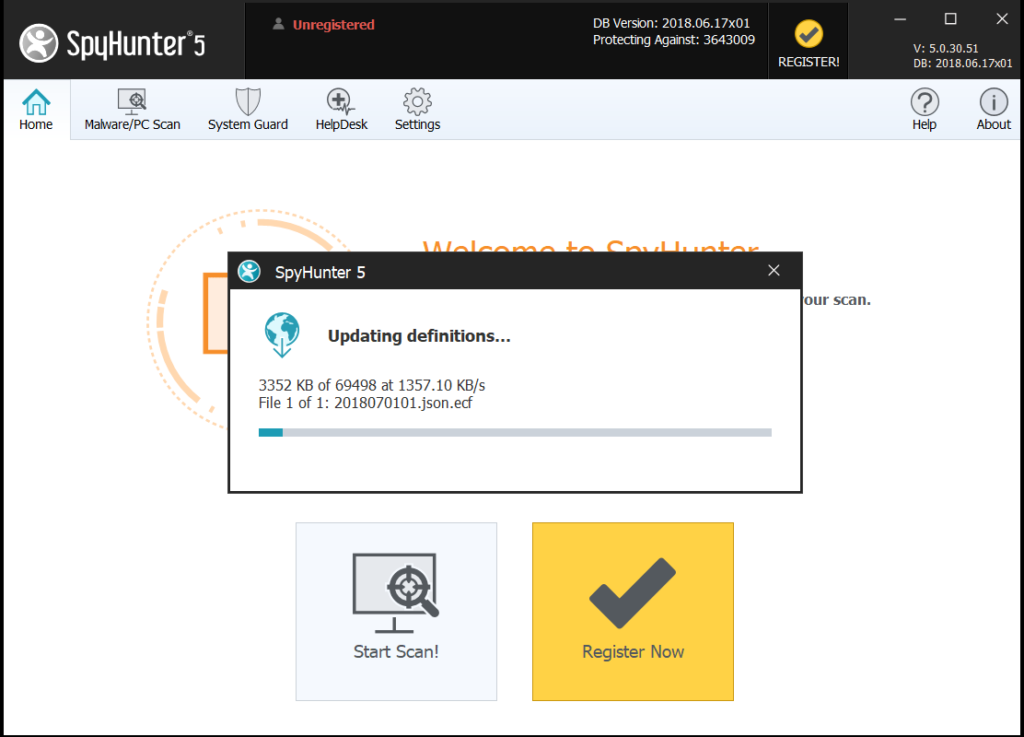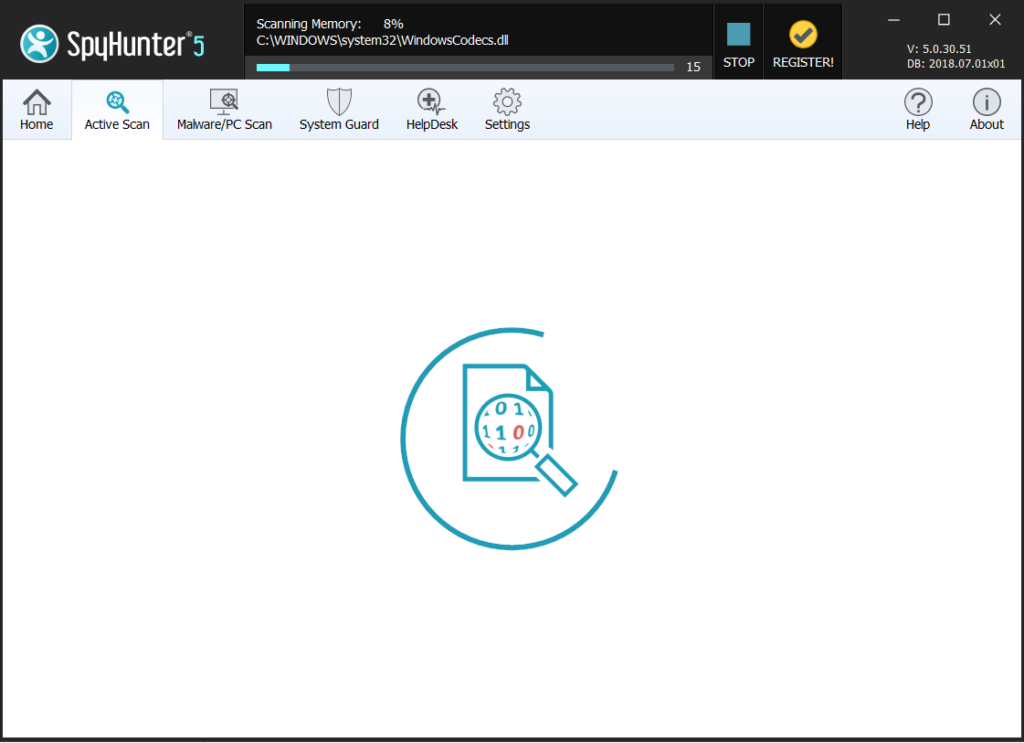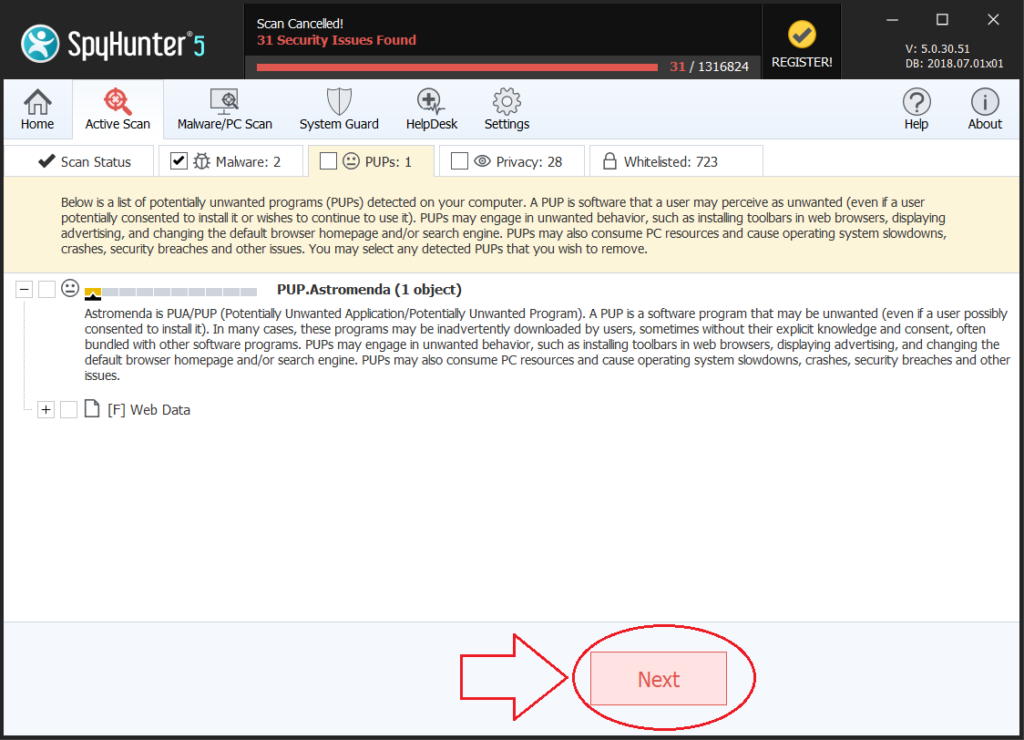This is a post made to explain what is 1NumCTUfhUxF2Xz5kAdbP32HqYfRGU7PfX Bitcoin e-mail virus and how you can remove it effectively from your computer.
The 1NumCTUfhUxF2Xz5kAdbP32HqYfRGU7PfX Bitcoin virus is the type of cyber-extortionist message that may not only extort you to pay to the 1NumCTUfhUxF2Xz5kAdbP32HqYfRGU7PfX Bitcoin address, but may also infect your computer with a virus, simply by being opened. If you have encountered the 1NumCTUfhUxF2Xz5kAdbP32HqYfRGU7PfX Bitcoin virus, chances are that your PC is already compromised by an invasive malware. The main idea is to lure you into a scam to write back to the scammers. Once they have allegedly infected your computer, they could begin to see what you do online and use it to extort you into paying BitCoins, which are extremely expensive right now. If you receive e-mails from the 1NumCTUfhUxF2Xz5kAdbP32HqYfRGU7PfX Bitcoin scammers, then we strongly suggest that you read this article and learn how to block out any malware that may have infected you as a result of clicking on links or opening files on those e-mails and how you can block them out from your e-mail.
| Threat Name | 1NumCTUfhUxF2Xz5kAdbP32HqYfRGU7PfX Bitcoin E-Mail Virus |
| Category | Trojan Horse. |
| Main Activity | Slithers onto your computer and may steal information from it as well as perform series of malicious activities on it. |
| Signs of Presence | Slow PC, changed settings, error messages, suspicious PC behaviour. Logins from unknown sources on your online accounts. |
| Spread | Via malicious e-mail spam and set of infection tools. |
| Detection+Removal | DOWNLOAD REMOVAL TOOL FOR 1NumCTUfhUxF2Xz5kAdbP32HqYfRGU7PfX Bitcoin E-Mail Virus
Note!For Mac users, please use the following instructions. |
What Harm Can 1NumCTUfhUxF2Xz5kAdbP32HqYfRGU7PfX Bitcoin E-Mail Virus Trojan Do to My PC?
In this digital age, Trojan horses can be very significant not only to your computer, but to you as well. Since most users keep their important files on computers, all of their crucial information becomes at risk. This means that your personal ID number or other financial data that you may have used on a computer infected by 1NumCTUfhUxF2Xz5kAdbP32HqYfRGU7PfX Bitcoin E-Mail Virus can be compromised and used for malicious purposes. This is the primary reason why this threat should be dealt with immediately.
The reason why Trojans, like the 1NumCTUfhUxF2Xz5kAdbP32HqYfRGU7PfX Bitcoin E-Mail Virus Trojan are a significant threat, is that it has multiple different malicious functions that are utilised on your computer. The features of a Trojan may vary, depending on what type it is, but it is safe to assume that the 1NumCTUfhUxF2Xz5kAdbP32HqYfRGU7PfX Bitcoin E-Mail Virus Trojan can do the following on your PC:
- Steal the passwords from the computer and obtain the keystrokes from it via Keyloggers.
- Destroy data on your computer, like delete files. This may even result in damaging your Windows.
- Remotely monitor your activity. This means that whatever you do and see on your screen, the hacker who infected you can also see.
- Disable your Windows operating system via a DDoS attack (Denial of Service).
- Use your system’s resources (CPU and Video Card) to mine cryptocurrencies, like BitCoin.
- Harvest system data and login information automatically from your web browsers.
- Install other viruses on your computer which may cause even more damage.
- Display fake tech support screens that can lure you into a scam.
How to Spot and Fully Eliminate the 1NumCTUfhUxF2Xz5kAdbP32HqYfRGU7PfX Bitcoin E-Mail Virus Trojan?
The primary method which you can use to detect a Trojan is to analyse hidden processes on your computer. This is achievable by downloading process monitoring apps, like Process Explorer to see where are the malicious processes. However, you will have to have a trained eye on how to detect the malicious processes and how to remove those without damaging your computer. This is why, as a swift solution, a Trojan-specific removal tool should be used, according to security experts. Such automated removal software will automatically scan for Trojans like 1NumCTUfhUxF2Xz5kAdbP32HqYfRGU7PfX Bitcoin E-Mail Virus and get rid of them quickly and safely while protecting your computer against threats in the fut
Removal Instructions for 1NumCTUfhUxF2Xz5kAdbP32HqYfRGU7PfX Bitcoin E-Mail Virus
If you want to remove 1NumCTUfhUxF2Xz5kAdbP32HqYfRGU7PfX Bitcoin E-Mail Virus, we strongly recommend that you first backup your data, just in case something goes wrong. Then, you can follow the manual or automatic removal instructions below, depending on which type of steps suits you more. If you lack the experience and the confidence that you will remove 1NumCTUfhUxF2Xz5kAdbP32HqYfRGU7PfX Bitcoin E-Mail Virus manually, then you should do what most experts would and save yourself some time by downloading and running a scan with an advanced anti-malware software. Such programs are created to quickly identify and remove threats and programs with intrusive behaviour, like 1NumCTUfhUxF2Xz5kAdbP32HqYfRGU7PfX Bitcoin E-Mail Virus, plus they also aim to ensure that your system is protected against future intrusions as well.
Manual Removal of 1NumCTUfhUxF2Xz5kAdbP32HqYfRGU7PfX Bitcoin E-Mail Virus
Booting in Safe Mode
For Windows:
1) Hold Windows Key and R
2) A run Window will appear, in it type “msconfig” and hit Enter
3) After the Window appears go to the Boot tab and select Safe Boot
Cut out 1NumCTUfhUxF2Xz5kAdbP32HqYfRGU7PfX Bitcoin E-Mail Virus in Task Manager
1) Press CTRL+ESC+SHIFT at the same time.
2) Locate the “Processes” tab.
3) Locate the malicious process of 1NumCTUfhUxF2Xz5kAdbP32HqYfRGU7PfX Bitcoin E-Mail Virus, and end it’s task by right-clicking on it and clicking on “End Process”
Eliminate 1NumCTUfhUxF2Xz5kAdbP32HqYfRGU7PfX Bitcoin E-Mail Virus‘s Malicious Registries
For most Windows variants:
1) Hold Windows Button and R.
2) In the “Run” box type “Regedit” and hit “Enter”.
3) Hold CTRL+F keys and type 1NumCTUfhUxF2Xz5kAdbP32HqYfRGU7PfX Bitcoin E-Mail Virus or the file name of the malicious executable of the virus which is usually located in %AppData%, %Temp%, %Local%, %Roaming% or %SystemDrive%.
4) After having located malicious registry objects, some of which are usually in the Run and RunOnce subkeys delete them ermanently and restart your computer. Here is how to find and delete keys for different versions.
For Windows 7: Open the Start Menu and in the search type and type regedit > Open it. > Hold CTRL + F buttons > Type 1NumCTUfhUxF2Xz5kAdbP32HqYfRGU7PfX Bitcoin E-Mail Virus Virus in the search field.
Win 8/10 users: Start Button > Choose Run > type regedit > Hit Enter -> Press CTRL + F buttons. Type 1NumCTUfhUxF2Xz5kAdbP32HqYfRGU7PfX Bitcoin E-Mail Virus in the search field.
Automatic Removal of 1NumCTUfhUxF2Xz5kAdbP32HqYfRGU7PfX Bitcoin E-Mail Virus
If you are in Safe Mode, boot back into normal mode and follow the steps below
Step 1:Click on the button to download SpyHunter’s installer.
It is advisable to run a scan before committing to purchase the full version. You should make sure that the malware is detected by SpyHunter first.
Step 2: Guide yourself by the download instructions provided for each browser.
Step 3: After you have installed SpyHunter, wait for the program to update.
Step4: If the program does not start to scan automatically, click on the “Scan Computer Now” button.
Step5: After SpyHunter has completed with your system`s scan, click on the “Next” button to clear it.
Step6: Once your computer is clean, it is advisable to restart it.



